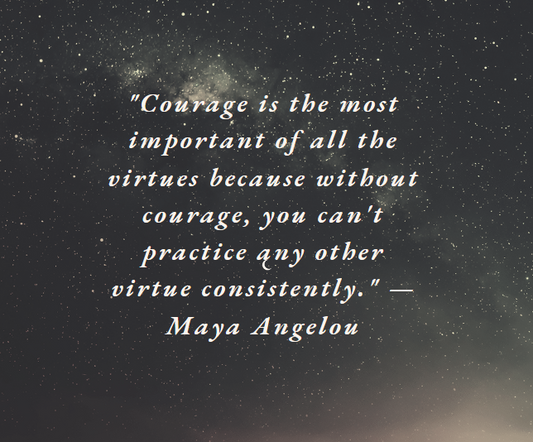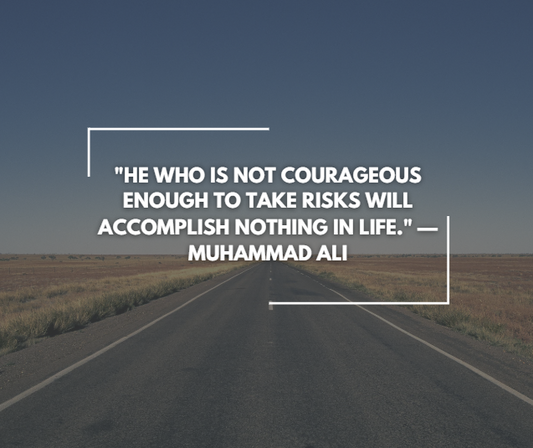One powerful tool for overcoming hardship and thriving in the face of difficulties is the power of community. Whether facing a personal crisis, an economic downturn, or a natural disaster, uniting as a community builds resilience, supports support systems, and facilitates collective action. Just how do groups of people use their combined strength to overcome hardship?
.jpg)
First and foremost, communities offer an essential network of support during difficult times. Having a community to turn to for practical, financial, and emotional support when facing challenges can make all the difference. The support of a community can take many forms, such as neighbours helping one another rebuild after a natural disaster, friends lending a sympathetic ear during difficult times, or organisations helping those in need.
Communities can be leveraged to mobilise a multitude of resources and expertise to collaboratively address issues. Communities can overcome adversity by implementing effective strategies and coming up with creative solutions by combining their knowledge, abilities, and resources. The combined efforts of a community can significantly lessen hardship and promote resilience, whether it is through planning volunteer programmes to aid vulnerable populations, starting fundraising campaigns to support those in need, or organising community clean-up efforts.
Communities also help to create a feeling of cohesion and solidarity among their members, which fortifies relationships and increases trust. Gathering as a community during difficult times serves to reaffirm that no one faces hardships alone. Shared experiences generate a spirit of cooperation and collaboration by fostering a sense of empathy and compassion that surpasses individual differences. This feeling of oneness encourages people to cooperate in order to achieve shared objectives and aspirations in addition to offering consolation and assurance.
Communities also provide forums for mutual growth and learning. Communities provide chances to learn, develop skills, and advance personally by uniting people with different experiences and backgrounds. Through community workshops, support groups, or mentorship programmes, communities offer opportunities for people to learn new things, gain useful skills, and strengthen their ability to bounce back from setbacks.
Communities also have an important role to play in addressing systemic problems that lead to adversity and pushing for change. Communities can bring about long-lasting positive change that benefits all members by elevating the voices of marginalised groups, pushing for policy reform, and confronting injustices and inequalities. Together, communities can tackle the underlying causes of adversity and build a more resilient, inclusive, and equitable society for coming generations.
To sum up, the strength of community is a transformative force that helps people flourish in the face of hardship and overcome adversity. Through offering assistance, organising assets, promoting solidarity, and pushing for modifications, communities enable people to face difficult circumstances with fortitude and resolve. A community's strength in times of crisis is found not only in its ability to triumph over hardship but also in its ability to encourage, uplift, and inspire its members to come out stronger as a unit.


.jpg)
.jpg)


